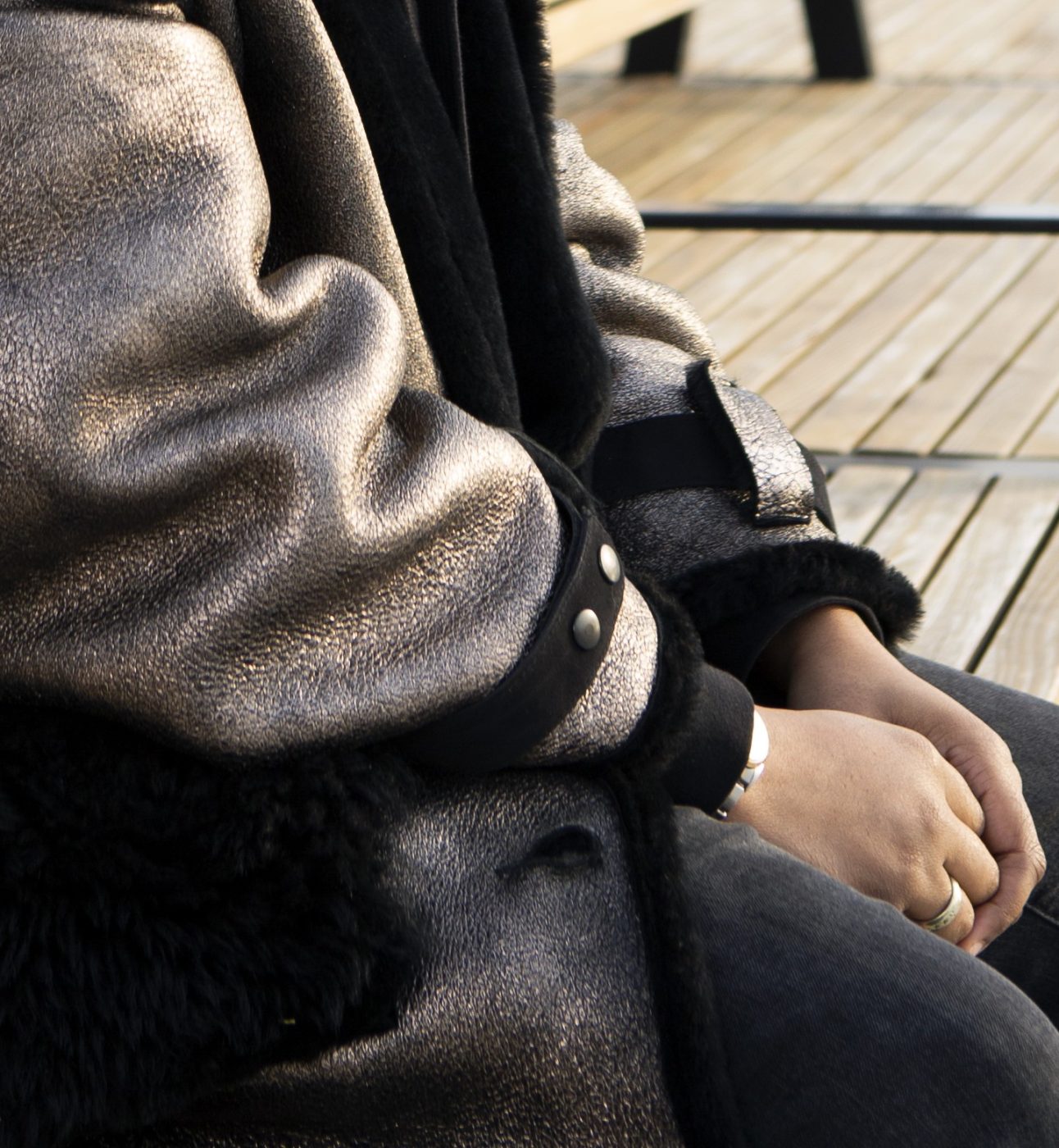
switchboard
is a confidential LGBTQ+ helpline that offers support to those who have been a victim of a hate crime.

For International day against Homophobia, Transphobia and Biphobia, akt would like to spotlight the resources available to those taking a stand against sexuality and gender-based hate crimes.
A sexuality or gender-based hate crime is any form of communication, be that in person or online, that promotes hatred, discrimination or violence towards an individual or group because of their sexual orientation and/or gender identity.
A crime of this sort can include:
Here at akt, we understand that being the target of a sexuality or gender-based hate crime can be really distressing – and reports of homophobic, biphobic and transphobic hate crimes have more than doubled in the last 5 years.
At akt believe that no individual should have to experience the threat of a sexuality or gender-based hate crime. We recognise that reporting these incidents can be overwhelming – but doing so plays an important role in accurately communicating the scale of the issue and driving policy and social change.
Abusive messages, campaigns or cyberbullying motivated by prejudice and directed towards a minority group can often be classed as a hate crime.
If you’ve experienced a sexuality or gender-based hate crime in the workplace, this goes against the Equality Act 2010.
Bullying motivated by a person’s sexual orientation and/or gender identity, can often be classed as a hate crime.
In public, sexuality or gender-based hate crimes do not always come from someone you know.

is a confidential LGBTQ+ helpline that offers support to those who have been a victim of a hate crime.

operate the UK's only free dedicated 24-hour anti-hate crime reporting service.

was created in partnership with Stonewall and Galop. The app helps anyone who has been a victim of a sexuality or gender-based hate crime to get the support they need.

If you’re thinking about coming out to people who might not be accepting, here are some things to help you prepare and keep yourself safe.

akt is opposed to racism in all its forms. Following a rise in racism towards Asian people in the UK, we’ve put together this guide.

To recognise Mental Health Awareness Week, we've put together some mental health resources and support groups for LGBTQ+ young people.